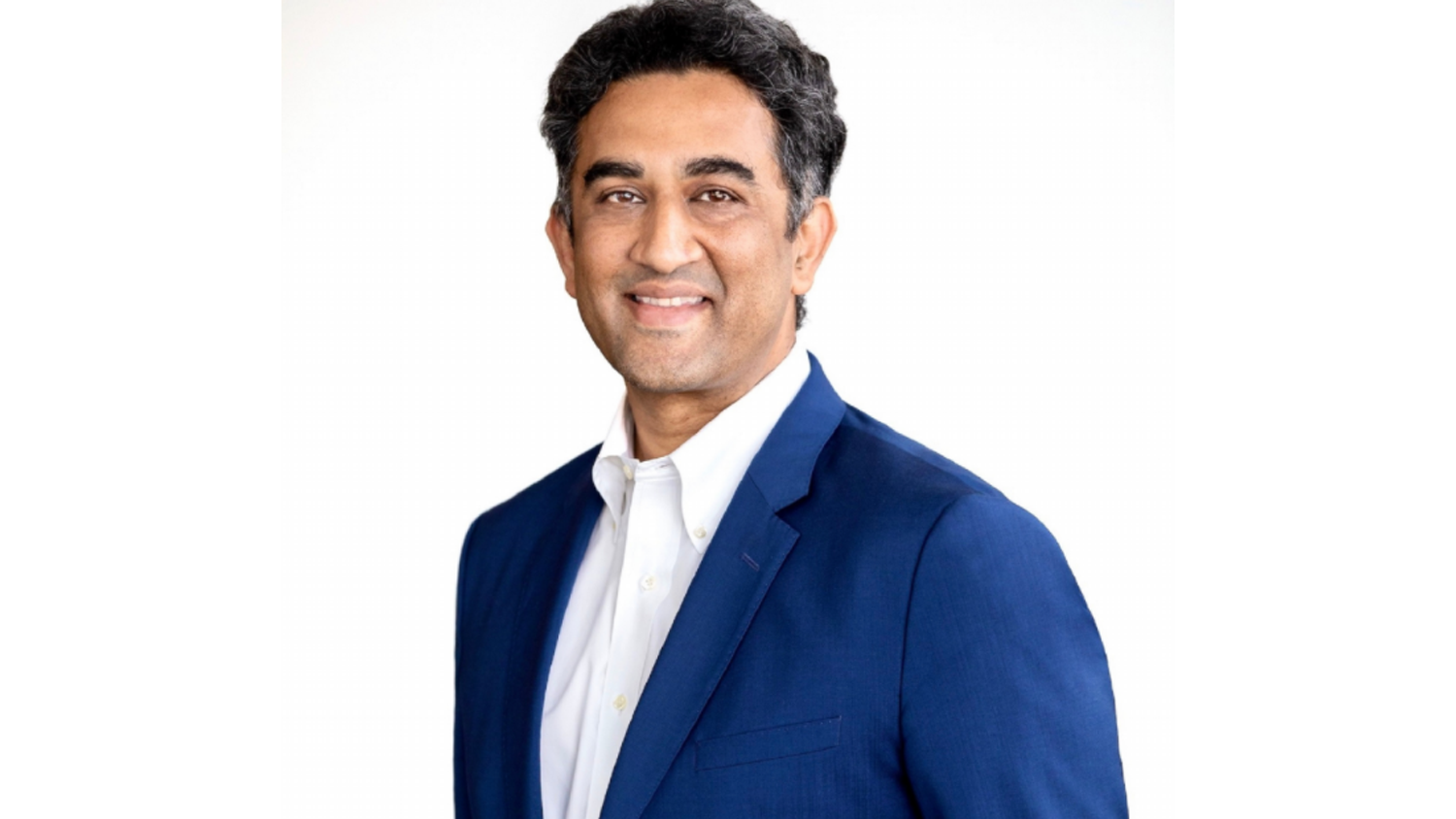Poole Graduate Joydeep Ganguly believes in a “Goodness Chain” at Gilead Science

We have a lot of remarkable graduates that come out of the halls of Nelson Hall from the Poole College of Management, and one of the ones I have the pleasure to stay in touch with is Joydeep Ganguly. He is a true inspiration to me! Prior to joining Gilead Science in 2016, Ganguly spent 10 years at Biogen, working as the site manager nearby in RTP. He holds an MBA from Poole, and also has an engineering degree from Notre Dame.
I got to know Joydeep during his days at Biogen, and we continue to stay connected, as Gilead is a partner in the Supply Chain Resource Cooperative. We have worked on a number of projects with Gilead, and this past semester we had two MBA projects, one on Responsible Sourcing and a second on Zero Waste to Landfill, led by our executive faculty advisor Carol Kozar. I’ve had the opportunity to visit the Gilead Foster City campus on a number of occasions, and have documented some of the remarkable work of his team in managing the construction of a new R&D lab on their campus. Many readers may also recognize Gilead as a company that developed remidisvir, the miracle drug that is used to treat COVID-19.
Joydeep is truly a leader with an extraordinary vision, as documented in this recent article in ISPE magazine. The author of the article notes that he comes from a family deeply committed to the medical profession. His father, grandfather, uncle, and father-in-law were all physicians and graduates of the same medical school in India, and Ganguly firmly believes that his work in the pharmaceutical industry honors these family roots in the medical world. “I pursued engineering because of the encouragement from my father-he was insistent that someone in our family not be a doctor. I wanted to find a way to contribute to the healthcare industry, and biotech was an obvious choice. It allowed me to work in a meaningful space that leveraged my love of engineering and mathematics.”
It is immediately apparent that Ganguly’s training at State has had a big role in his management career – he is a data and analytics guy, through and through. He describes his contributions to the biotech industry in terms only a Wolfpack graduate would recognize: “My passion early on was applying automation and controls systems concepts, grounded in advanced mathematical principles, to meet productivity and efficiency risk imperatives within operations.” And I feel some of my major industry contributions have been redefining the role of advanced analytics in areas such as biological process monitoring, design and engineering of new facilities, and risk management within operations.” During his time at the Biogen site at RTP, he found ways to significantly drive process improvements in their operations. Joydeep’s team led the application of multivariate algebraic algorithms to data gathered in the process, which facilitated “a paradigm shift in how we monitored batches of product, how we course-corrected and controlled processes.” These innovations supported the move from reactive to adaptive control, improved methods for process transfer and scale-up, and democratized data access and availability. This work led to multiple patents and is featured in book chapters and other publications.
As an industry leader, it’s not all about technology though; his favorite subjects to discuss are people and sustainability. Ganguly believes in a “goodness chain,” across which individuals and companies can support the common good. “We should not measure ourselves on capital budget or how many buildings we have. We should be looking at ourselves in social purpose, and accelerate innovation that would not otherwise see the light of day. We have to drive a ‘different phenotype.'” For Ganguly, a long-range, forward-looking perspective is crucial to sustain the industry. “We have to focus our strategy on recruiting the next generation. If we don’t, they will want to go work in a different industry,” he said.
Attracting the right people to Gilead involves a singular dedication to increasing the diversity of the people hired. Nurturing the next generation of industry leaders involves inclusion efforts, Ganguly said. “We have to drive a more inclusive and diverse culture within our discipline. We need to attract, develop, and retain talent within our profession, and create the requisite framework and ecosystem to address the disparities that do exist today. This is where ISPE is doing a great job through the Foundation and the educational programs, but there is more work to be done.” Ganguly has been recognized for his efforts to increase diversity at Gilead.
Joydeep is a perfect example of a Poole graduate who is not only a technical expert, but also a “big picture” kind of guy. He notes that he is in a unique position to influence and create “goodness”. “It comes back to values-based operations and the importance of good leadership by those in positions of high influence. Not everyone has the license to make values-oriented decisions. But if you pick the right company, it puts the mission into action and this connects to the bigger picture of care and the greater good. When you look for a company that not only gives you the license to be a good community citizen but also encourages and eventually expects you to be one, you’ll never have a question about being part of the goodness chain.”


